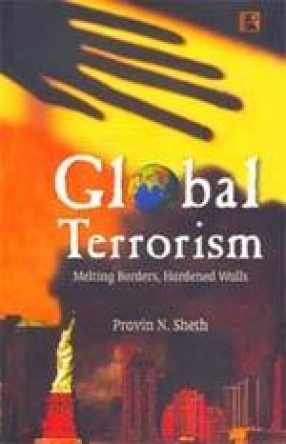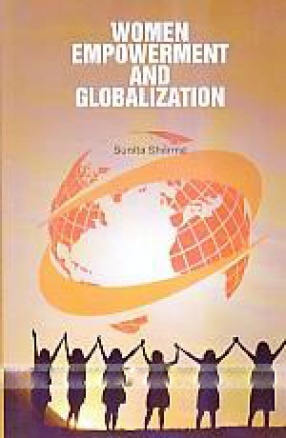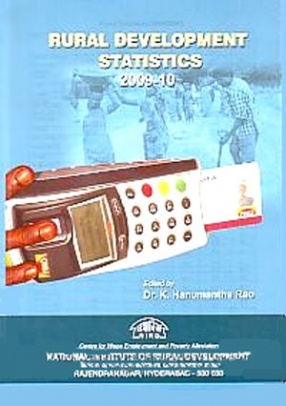This book examines the ideo-political basis of terrorism, and spans the attitudes (jihad vs. Macworld and Islam vs. the West), latitudes (Morocco to Bali), and longitudes (New York to New Delhi to Singapore) of the developments since 9/11. It profiles the two major theaters of terrorist actions (US and the Middle East) and focuses on the third, increasingly volatile South Asia, during the tumultuous and transformative 44 months of 9/11. It also seeks to examine the magnitude of the challenge and the changed from and style of terrorist organizations like al Qaeda. It evaluates how the US, India and Pakistan have responded to challenges of terrorism; analyzes, in detail, the genesis of fundamentalism: and documents the casual contexts behind the volatility of the vast politico-cultural Muslim bloc. The book identifies the qualitative change in the equation in international relations and discusses foreign policy thrusts of the US, India and Pakistan, the nature of the ‘new war’ and the post-9/11 world. Again, the changed global perceptions of America that have a bearing on its capacity to manage the war on terrorism are also profiled. Discretionary readers will distinguish this book from other publication for its chapters on the paradigms as formulated by perceptive social scientists and thinkers for developing a proper perspective of the problematiques and resolutiques of terrorism. The book will be welcomed by students of terrorism, international relations and conflict resolution
Women Empowerment and Globalization
$50.40
$56.00





There are no reviews yet.